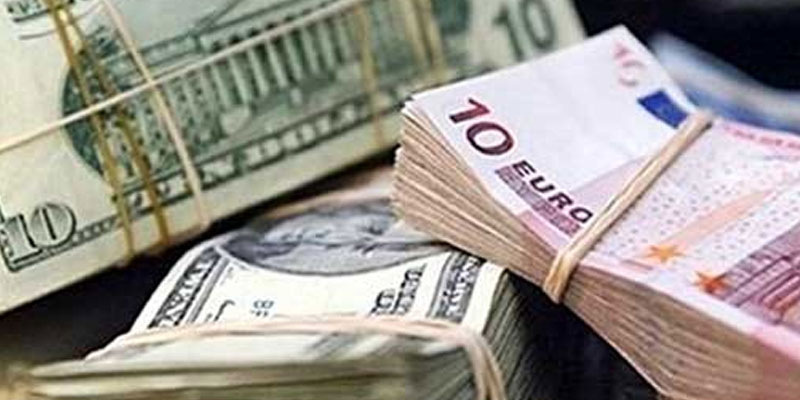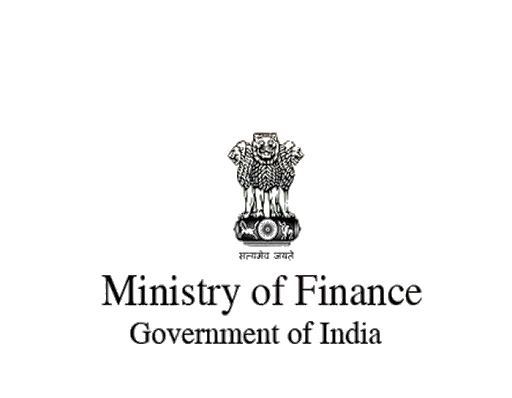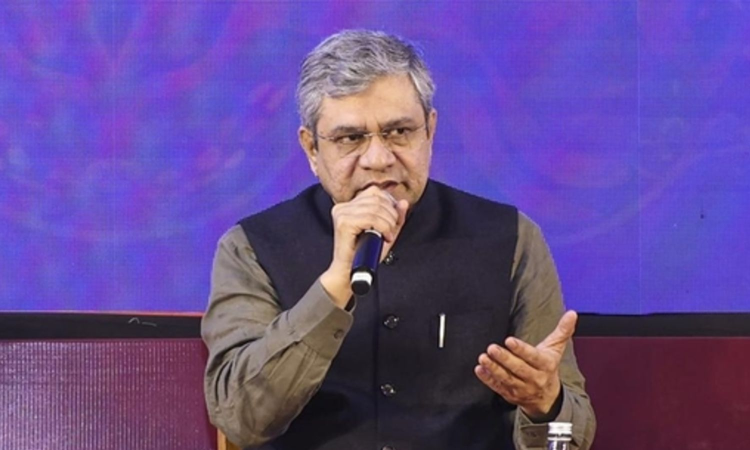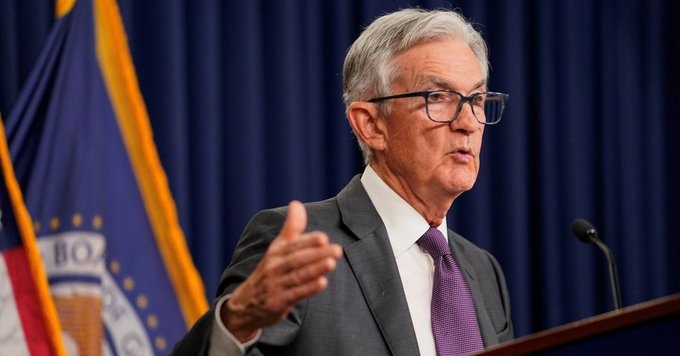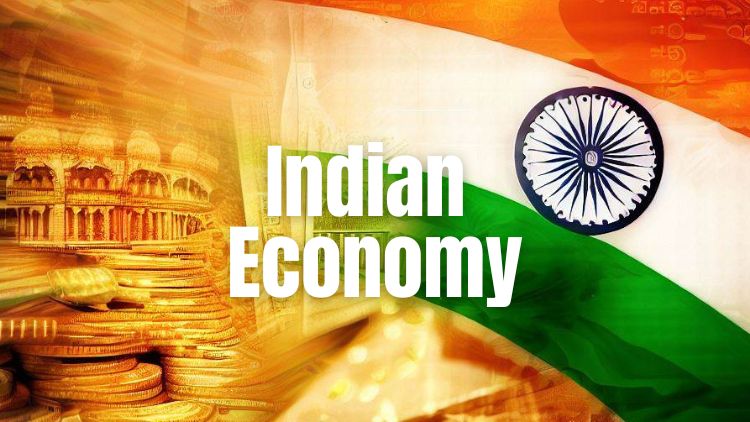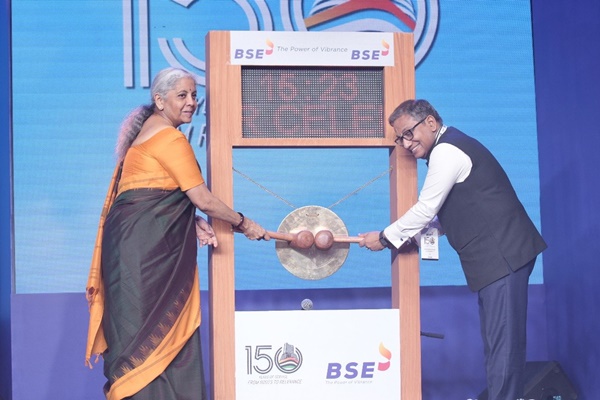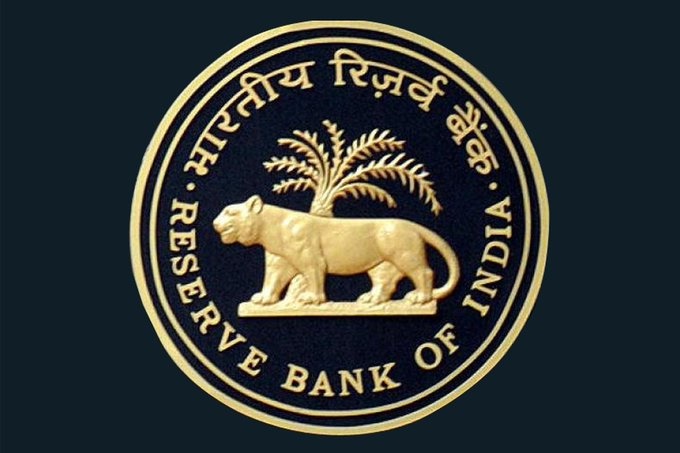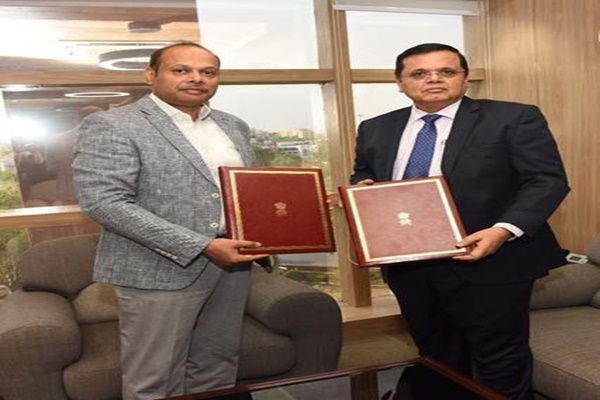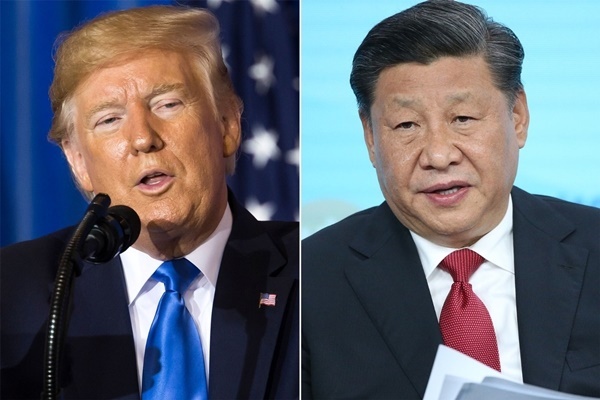Uber to take on FoodPanda, Swiggy in India with the launch of UberEats
Tue 02 May 2017, 20:10:09
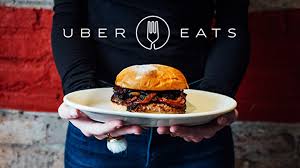
The move marks yet another commitment from company in India which is currently engaged in a bitter battle with Softbank-funded Ola for winning the country’s ride hailing market. Uber had kicked off its service in India in August 2013 by offering its service to riders in Bengaluru at first.
While Uber did not share too many details, the company said it would look to expand the service to six Indian cities, presumably the country’s largest metros, by the end of 2017. The launch of UberEats in Mumbai will take the number of cities the service is present in up to 78, spread across 26 countries.
“The introduction of UberEATS in India, with Mumbai as the first city, is a major step in our global expansion and showcases our commitment to the region. The app brings the perfect pairing of amazing restaurant partners, innovative technology, and the efficient Uber delivery network at a tap of a button to people in India,” said Bhavik Rathod, Head of UberEATS India.
Rathod had served as the General Manager for Uber’s ride hailing service in India since its entry into the country in 2013.
UberEats will go head to head with services such as FoodPanda, Zomato and Swiggy,
which are already well established in all the large Indian cities. All three companies have thousands of restaurants partnering with them, and it will be interesting to see how Uber plans to woo them to join its service.
which are already well established in all the large Indian cities. All three companies have thousands of restaurants partnering with them, and it will be interesting to see how Uber plans to woo them to join its service.
After going through a period of high growth and then consolidation, India’s food-tech sector is only now showing signs of recovering from a bloodbath that saw several companies die due to the lack of funding. The onset of cash-flush global competition in the space could once againg kick off a similar battle.
Even Internet search giant Google last month introduced an app Areo, which collates restaurant delivery and home services businesses. While Google has remained mum on the launch of the service, it has already tied up with online restaurants Freshmenu, Box8 and Fassos, apart from home services aggregator UrbanClap.
Uber’s arch nemesis Ola too had experimented with food ordering and grocery delivery as a way to ensure maximum utilisation of its driver fleet. However, the company shut down both services - Ola Cafe and Ola Story a year after launching them. Sources close to the company had told Business Standard that neither service received the kind of traction Ola was hoping for.
No Comments For This Post, Be first to write a Comment.
Most viewed from Business
AIMIM News
Latest Urdu News
Most Viewed
May 26, 2020
Do you think Canada-India relations will improve under New PM Mark Carney?
Latest Videos View All
Like Us
Home
About Us
Advertise With Us
All Polls
Epaper Archives
Privacy Policy
Contact Us
Download Etemaad App
© 2025 Etemaad Daily News, All Rights Reserved.

